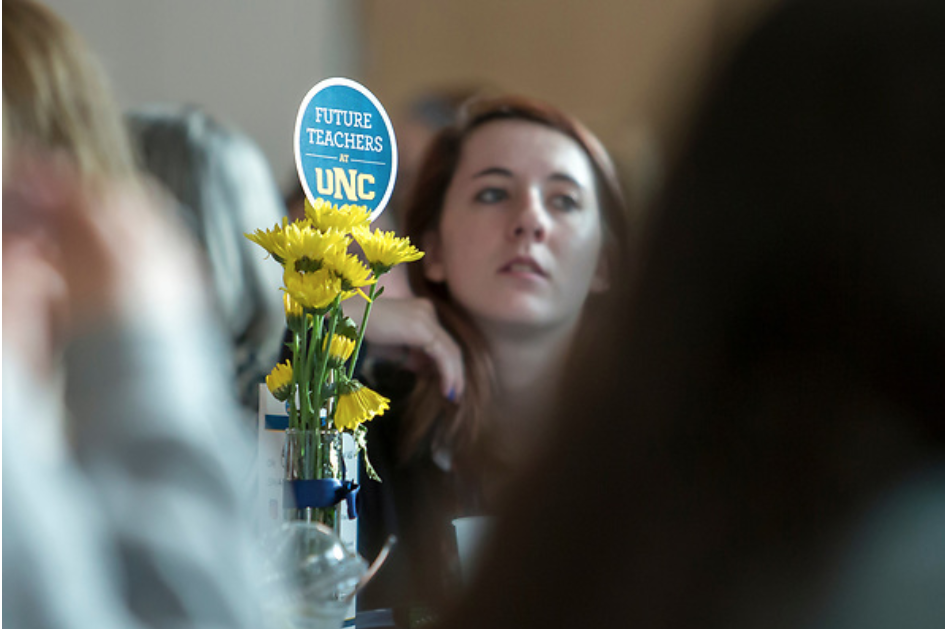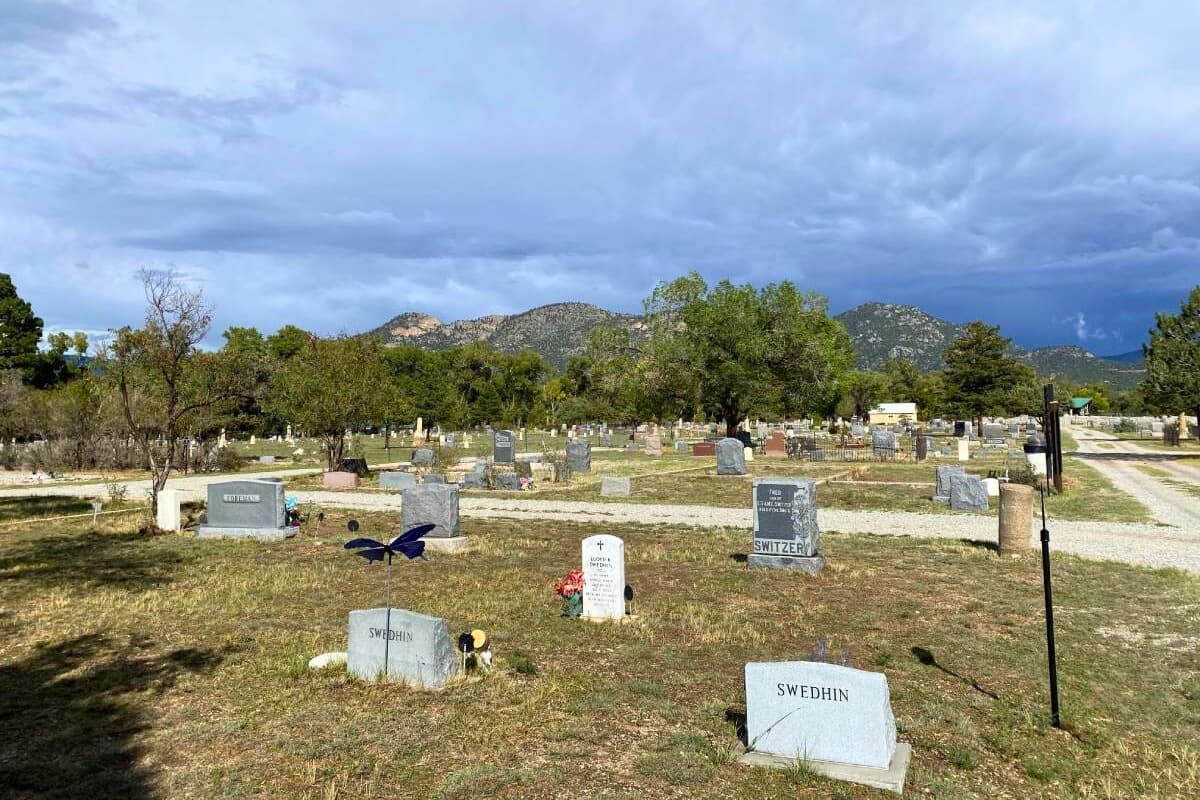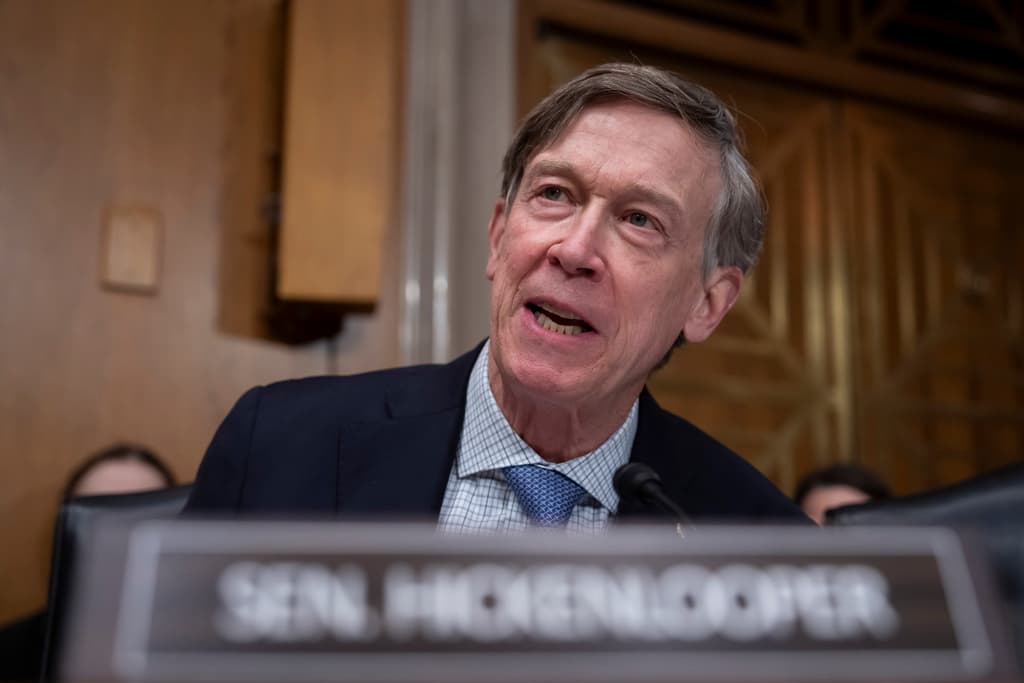
In a new survey, nearly 40 percent of Colorado’s educators who are members of the state’s largest teachers’ union are considering leaving the profession after this school year.
Unmanageable workloads, unsafe working conditions and low pay are the top concerns for these teachers, according to the Colorado Education Association survey. Union officials said underfunding and a lack of resources are at the root of why teachers are leaving.
“When educators don’t feel supported, they leave,” said Amie Baca-Oehlert, a high school counselor and president of the Colorado Education Association. “When educators leave, students suffer. It’s as simple as that.”
One teacher said she’s leaving at the end of this year because of increasing demands without the resources to meet student needs — especially during the COVID-19 pandemic, which has ratcheted up demands on educators.
“I wanted to retire at the end of next school year but will do so at the end of this year,” said Ann Franco, a veteran teacher at Colfax Elementary in Denver.
The survey showed slightly more teachers want to leave their jobs in non-metro school districts compared to urban ones.
The CEA also calls on state lawmakers to confront the shortage using three strategies. Colorado has struggled for more than a decade to fund public schools at the level of the national average. The union is asking state lawmakers to pay down some of the billion-dollar school budget shortfalls, called the budget stabilization factor. It is a legislative maneuver that allowed lawmakers to dip into school funding in order to balance the state budget. All told, schools have missed out on more than $10 billion dollars since 2008.
The union also wants health safety equipment and vaccines for teachers and students, as well as to postpone high-stakes exams.
The growing dissatisfaction among existing educators, however, isn’t deterring hundreds of students across the nation from considering a career in education in the Centennial State.
The University of Northern Colorado, the state’s largest producer of teachers, hopes to inspire hundreds of students to enter the profession. High school and community college students from as far away as Arkansas, Pakistan and the Philippines attended the college’s most recent annual Future Teacher Conference.
Keynote speaker Gov. Jared Polis told attendees one silver lining of the pandemic is that it has forced leaders to take a critical look at how education systems operate. He said districts are thinking creatively about how to develop new and more effective learning environments.
“You will be on the vanguard of making sure that opportunity reaches every child in the state no matter where they live, their race, their gender, their geography, their income,” he said. “I am so thrilled that you are interested in becoming teachers. You're needed now more than ever."
Founded as a teacher’s college in 1889, UNC produces about 40 percent of Colorado’s teachers. The state as a whole only produces half of the 4,000 teachers it needs annually.
“We’re an importer of teachers,” said Charles Warren, an administrator in the university’s Office of Professional Licensure who meets monthly with school human resource directors from across the state. “These HR directors are going to job fairs to find teachers all over the country, to beat the bushes and find these new teachers.”
He said 15 percent of UNC’s teacher candidates find jobs out of state. School districts in Wyoming and New Mexico, for example, pay significantly higher than Colorado.
Warren said the challenge is that the high-need subject areas aren’t producing the most teacher candidates. The greatest teacher shortages are in math and science, special education and world languages.
The state’s rural areas also struggle to attract teachers.
Due to COVID-19 restrictions, this year’s conference took place virtually on Zoom, which allowed the conference to extend its reach to other states and countries. In the last four years, the conference has grown from 40 high school participants to more than 540 participants.
The goal of the conference was to bring groups of aspiring and current teachers together, creating a bridge from high school through college to the first years of teaching.
“We know that getting teachers into the pipeline is only half the battle. We need to find innovative ways to support teachers from college and into their first through fifth years of teaching,” said conference co-organizer Suzette Youngs, an associate professor of literacy education at UNC.
She and co-organizer Chris Kyser, from the college’s School of Teacher Education, said that teacher candidates keep going throughout the pursuit of their degree and through their first few years of teaching when they feel a sense of belonging and support.
Warren said UNC enrollment numbers for education students are down about 15 percent for next year because of COVID-19.
“It’s not horrible,” Warren said. “I was anticipating that the numbers would be really bad.”









